How we work
Quality is the basis of our production process
Fulfilling our clients’ wishes is our priority. As a manufacturer of products for the food and feed sector, all aspects of food safety are critical. This is why at LIPSA we work to the highest quality standards and we have the most demanding certifications:
-
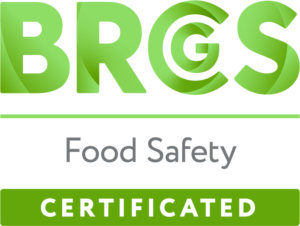
BRCGS
Download -
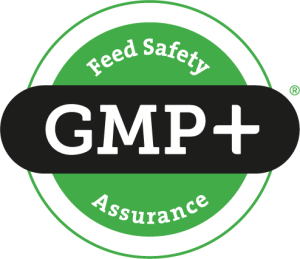
Feed Safety GMP+
Download -

Health Registry Food
Download -

Health Registry Feed
Download -

FDA registered
Download -

Kosher
Download -

Halal
Production Site Products -
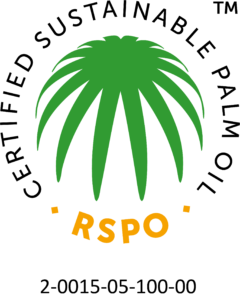
RSPO
En Español In English -
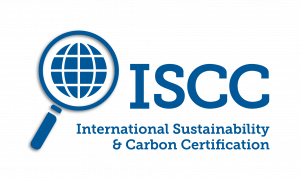
ISCC
For Huelva For Barcelona -

NIS
For Huelva For Barcelona -

ECO UE - CCPAE
Download -

USDA Organic recognised
-

Non GMO
Download -

ISCC PLUS
Download -

SANDACH
-
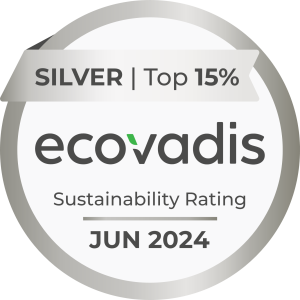
Ecovadis Rating Certificate
Download -

Safety Policy
Download -

Environmental Management System Certification (according to standard UNE EN ISO 14001:2015)
Download
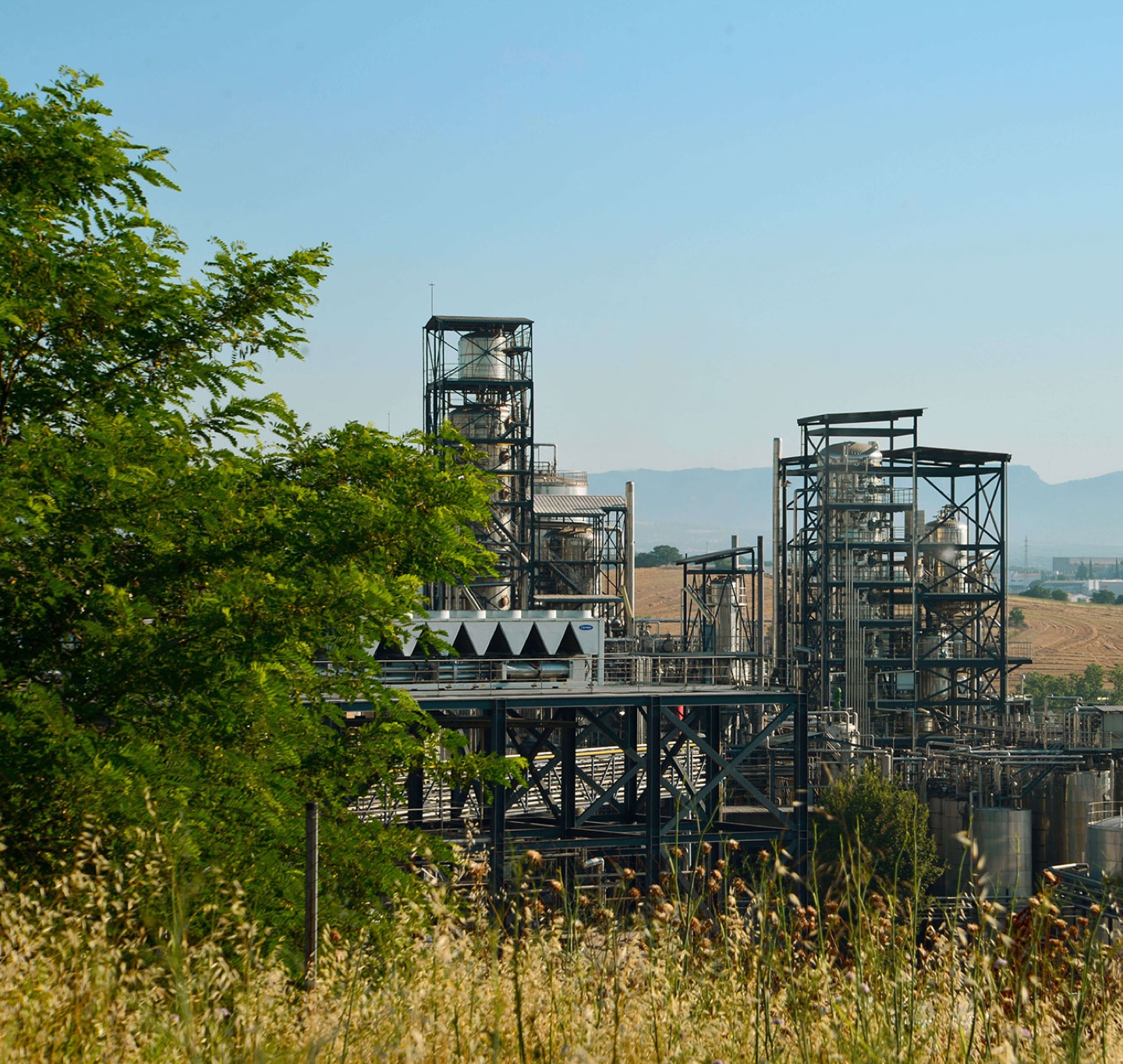
We focus on technology
LIPSA uses the best and latest technology in oil refining processes. We are also at the forefront of mitigating contaminants that may be present in vegetable oils or appear during refining processes (GE, 3-MCPD esters and MOSH/MOAH).
25 million invested in improving the Barcelona plant and 30 million invested to expand the Huelva plant in the last 3 years
1,8 million tonnes per year of refining capacity
Production processes
Neutralisation
Bleaching
Deodorisation
Winterisation
Hydrogenation
Interesterification
Fractioning
Importance of selection and origin of raw materials
At LIPSA we know the importance of the selection of raw materials at origin. This is why our purchasing team is in charge of obtaining the raw materials according to the strictest selection criteria.
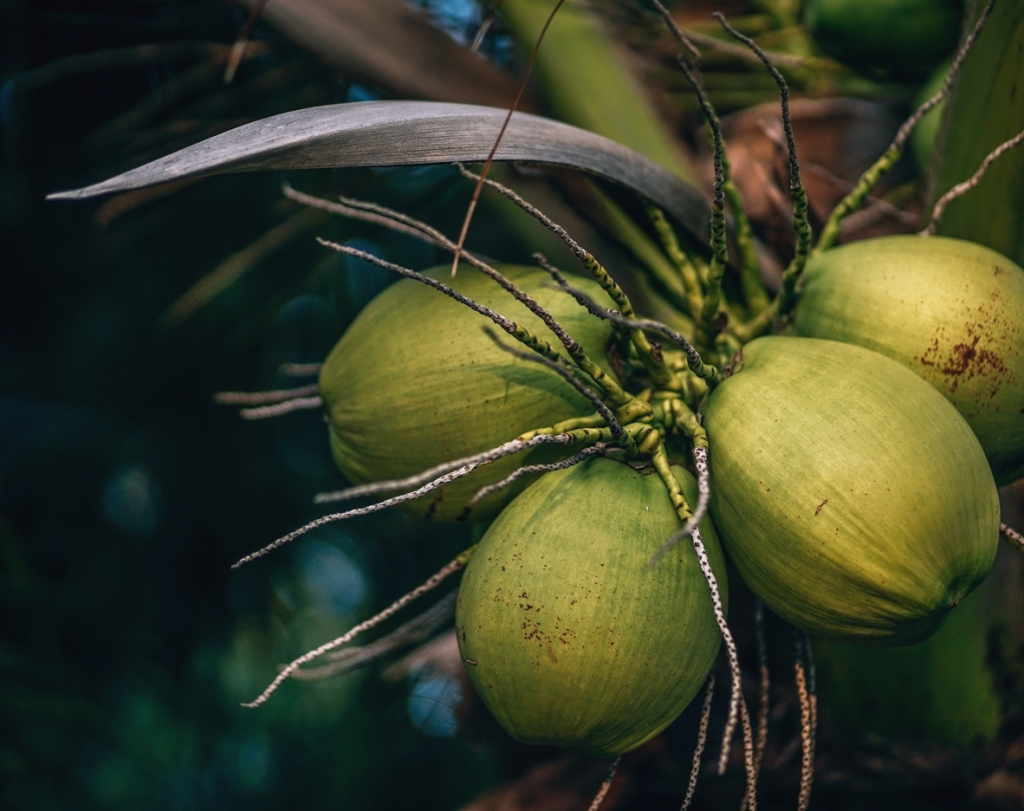
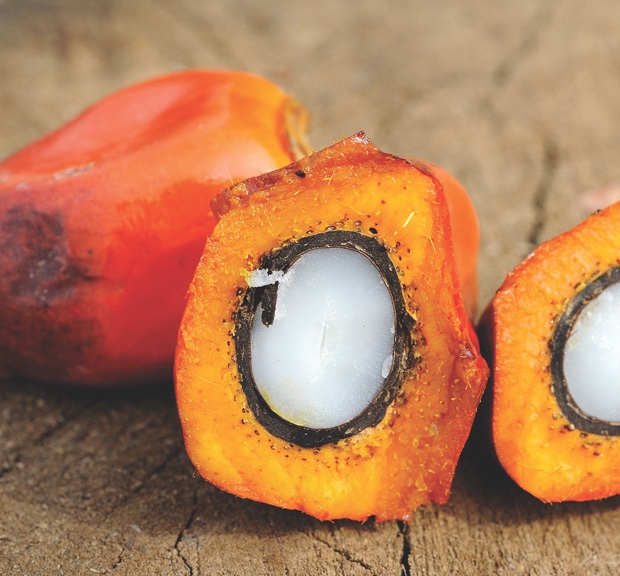
Tropical oils
- Palm and fractions
- Cocoa butter
- Palm kernel and fractions
- Coconut
- Shea butter
Seed oils
- Sunflower
- High oleic sunflower
- Soybean
- Rapeseed
- High Oleic Rapeseed
- Corn